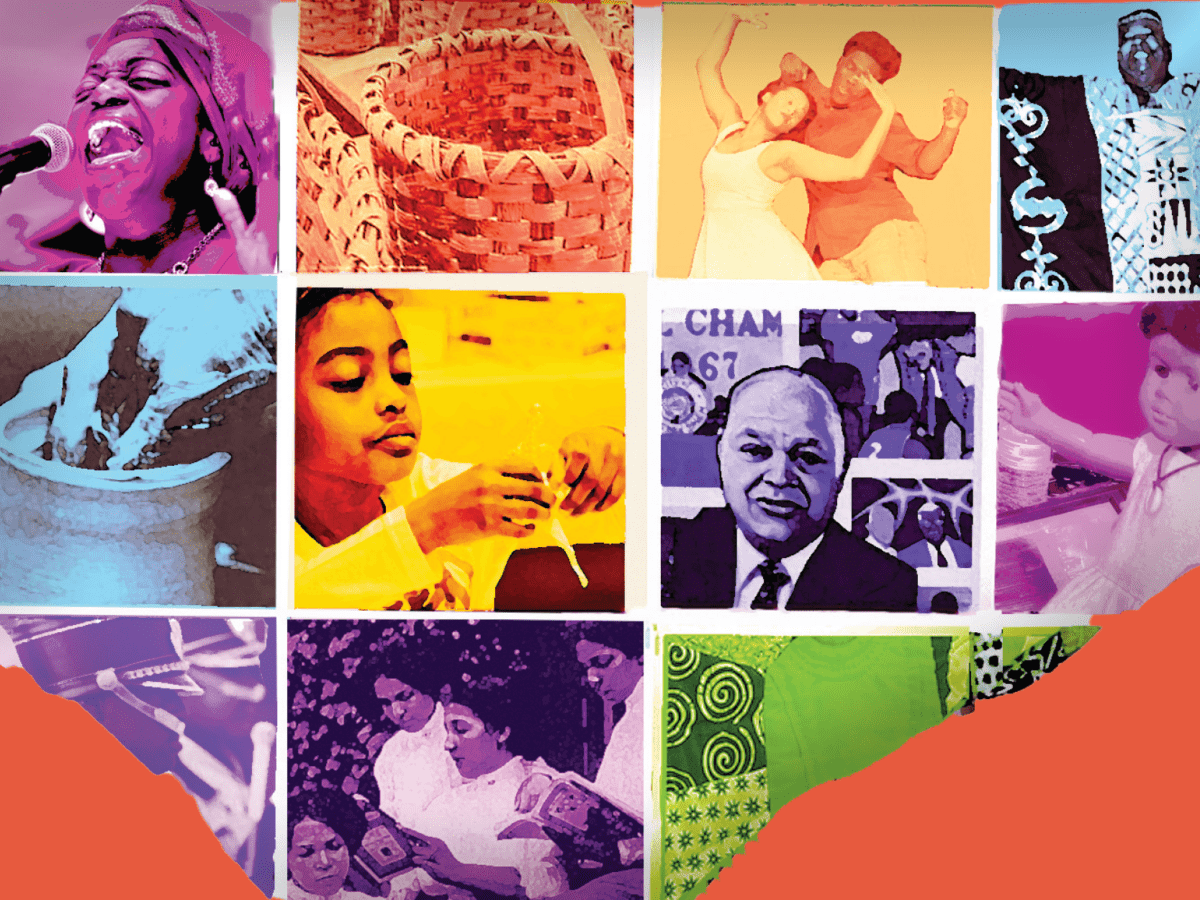

|
|
African American Cultural Celebration Education Day
The North Carolina Museum of History will kick off Black History Month with a free event celebrating Black culture, arts, history, and heritage for educators and students.
On Friday, Jan. 26, the museum will host a virtual African American Cultural Celebration Education Day starting at 9 a.m. This educational event features presenters in four interactive sessions, as well as storytellers from across the state.
Registration is limited for all sessions, except for storytelling performances, and note that registration links for presentations cannot be shared. Presentations also will be recorded and available as videos on demand. The presentations may be projected for classroom or other group viewing.
Register online here:
- Kwame Mbalia, the award-winning, bestselling author of the Tristan Strong series, will captivate audiences with his storytelling prowess;
- Adrienne Nirdé, director of the North Carolina African American Heritage Commission (NCAAHC), will guide participants through an interactive Civil Rights Trail map, shedding light on the significant spaces and individuals that shaped North Carolina’s civil rights history;
- Anjalique Abernathy, director of education and outreach at the Pauli Murray Center, will explore the civil rights contributions of the Rev. Dr. Pauli Murray; and
- Michelle Lanier, director of the North Carolina Division of Historic Sites, will delve into the life and legacy of freedom seeker Harriet Jacobs of Edenton.
The North Carolina Association of Black Storytellers also will provide a LIVE! stream of storytelling vignettes.
Here are additional resources.
Pew Research Center releases key facts about the nation’s 47.9 million Black Americans
Ahead of Black History Month, the Pew Research Center released key facts about the nation’s Black population. For their analysis, the Black population is made up of three main groups: single-race, non-Hispanic Black people; non-Hispanic, multiracial Black people; and Black Hispanics.
- The Black population in the U.S. has grown by 32% since 2000, rising from 36.2 million then to 47.9 million in 2022.
- The arrival of new immigrants from Africa, the Caribbean, and elsewhere has been an important contributor to Black population growth.
- The Black population has grown fastest in states that historically have not had large numbers of Black residents.
- New York City has more Black residents than any other metropolitan area.
- The Black population of the U.S. is relatively young.
- Educational attainment among Black Americans is on the rise.
- Black Americans are less likely than other Americans to be married.
- About a sixth of married Black adults (17%) are married to someone who is not Black.
- Black households had a median annual income of $50,000 in 2022.



